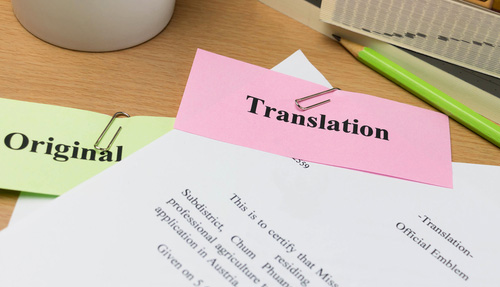Question:
When a research activity includes a translated consent form, does the principal investigator need to sign both the translated consent form and the English consent form?
– Director, state university human research protections program
Response:
The regulations for informed consent are divided into those that govern the contents of informed consent documents and those that describe the requirements for documenting consent (i.e., signing informed consent forms. There are no regulations that specifically address translations. In fact, the word “translation” does not appear in the regulations.
As a result, the requirements for signing translated consent forms are no different than they are for original forms. In an FDA-regulated clinical trial, both the participant and the person obtaining consent should sign and date the consent document that was used to facilitate the process with the participant. If a consent process was conducted in Korean using a Korean-language document, then that is the document that should be signed.
In addition to the standard approach to documenting informed consent, 21 CFR 50.27(b)(2) also permits the use of a short form consent document. Short form consent documentation is typically used when an individual participant speaks a language for which there is no prepared translation.
In this situation the research site may utilize a short form written consent document stating that the elements of informed consent have been presented orally to the participant or the participant’s legally authorized representative.
The short form process also requires the presence of a witness to the oral presentation. When the short form approach is used, there are additional documentation requirements. In these situations, the short form is signed by the participant (or the representative) and the witness. In addition, the witness also signs the English language consent document along with the person obtaining the consent. A copy of both the English consent document and the short form must be given to the participant. Many IRBs have short form templates in several foreign languages.
In addition to consent process considerations, the enrollment of non-English speaking participants should be approved by the sponsor and consideration should be given to the impact of the language barrier on data collection. For example, participant diaries and other instruments may only be available in English.
We would recommend that you work closely with the IRB of record and the sponsor as requirements may vary when it comes to documentation of consent.
Don't trust your study to just anyone.
And we’re the best for a reason. Experience the WCG difference starting with a free ethical review consultation. We’re here to help you streamline, alleviate, and accelerate.
